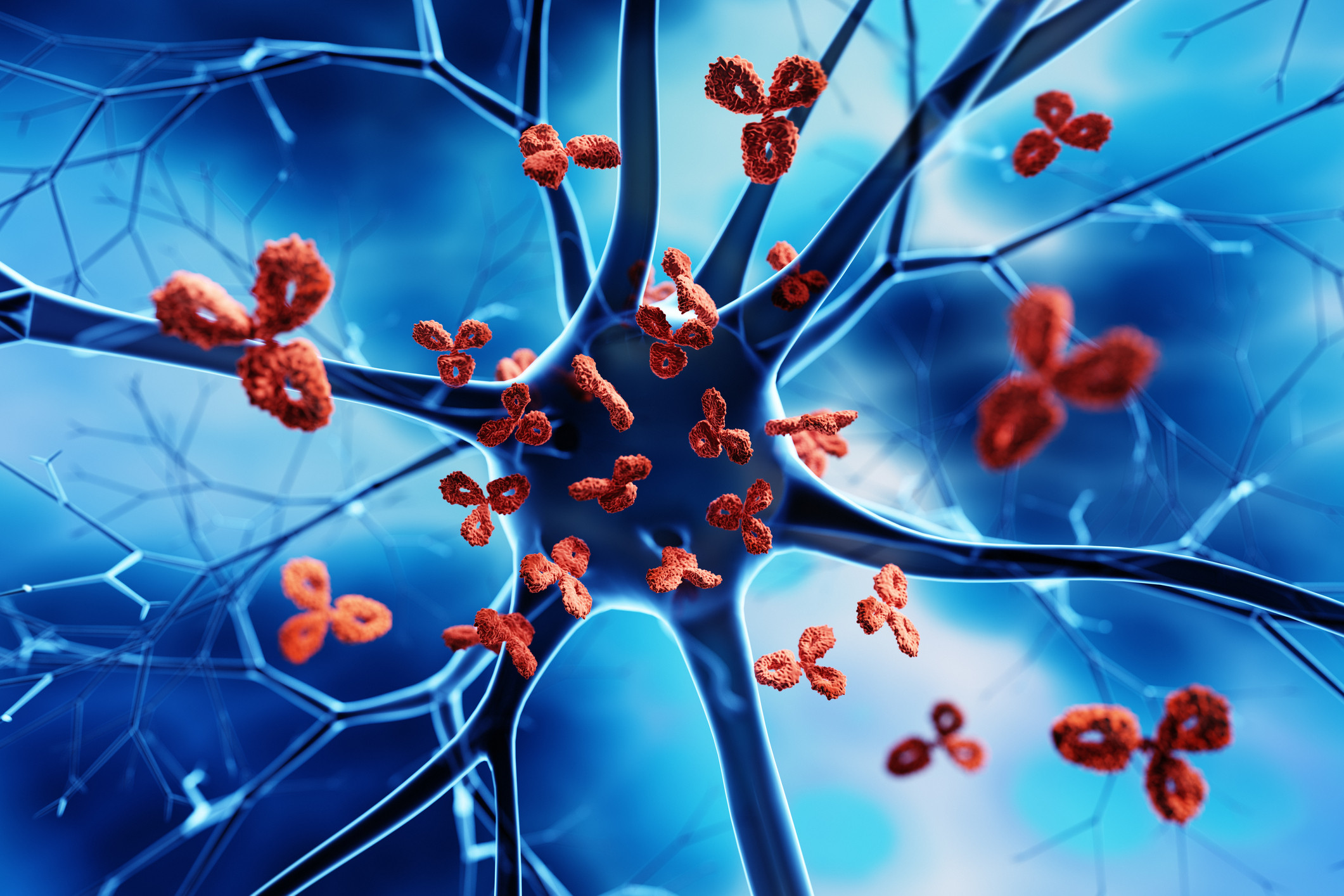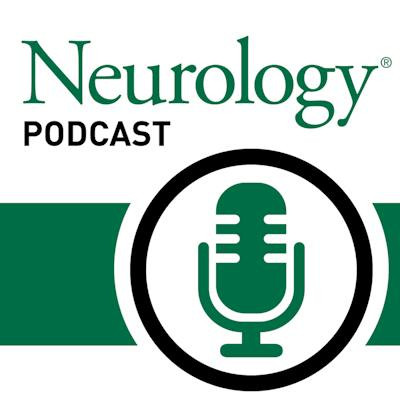Multiple Sclerosis Resource Center
Disease-Modifying Treatments for Multiple Sclerosis Affect Measures of Cellular Immune Responses to EBNA-1 Peptides
Epstein-Barr virus (EBV) has been strongly implicated in the pathogenesis of multiple sclerosis (MS). Despite this, there are no routinely used tests to measure cellular response to EBV. In this study, we analyzed the cellular response to EBV nuclear antigen-1 (EBNA-1) in people with MS (pwMS) using a whole blood assay.
March 2024
Read MoreOutcome Reporting Bias in Clinical Trials Researching Disease-Modifying Therapy in Patients With Multiple Sclerosis
Outcome reporting bias occurs when publication of trial results is dependent on clinical significance, thereby threatening the validity of trial results. Research on immunomodulatory drugs in multiple sclerosis has thrived in recent years. We aim to comprehensively examine to what extent outcome reporting bias is present in these trials and the possible underlying factors.
March 2024
Read MoreRelated Articles
Disease Reactivation After Cessation of Disease-Modifying Therapy in Patients With Relapsing-Remitting Multiple Sclerosis
To evaluate the rate of return of disease activity after cessation of multiple sclerosis (MS) disease-modifying therapy.
Aug 22
Read moreAssociation of EBV and Multiple Sclerosis
Dr. Shuvro Roy talks with Dr. Alberto Ascherio about the association of Epstein-Barr virus infection and increased risk of multiple sclerosis, highlighting stronger evidence for this viral connection.
Mar 22
Read morePredictors of Disease Activity and Worsening in Relapsing-Remitting Multiple Sclerosis
Disease activity in multiple sclerosis (MS) is highly variable, and there are limited prospective studies on predictors of disease outcomes. The goal of this study is to identify and assess patient characteristics in MS that predict disease activity and worsening.
Aug 23
Read moreThe Effects of Disease-Modifying Therapies on Oxidative Stress in Patients With Relapsing-Remitting Multiple Sclerosis
Oxidative stress (OS) has a role in the pathogenesis and progression of multiple sclerosis. The effects of disease-modifying therapies (DMTs) on OS are unclear. We aimed to explore the association between DMTs and OS in patients with relapsing-remitting multiple sclerosis (RRMS).
Dec 22
Read moreFluid phase biomarkers in multiple sclerosis
Multiple sclerosis (MS) is highly heterogenic disorder with respect to clinical course, diagnosis, and treatment response. There is an urgent need to search for simply and reliable fluid body biomarker which would assist the diagnosis and prediction of clinical and treatment prognosis.
Jun 22
Read moreUpdate on Promising Biomarkers for Multiple Sclerosis
Multiple sclerosis (MS) is a chronic autoimmune disease, in which there is chronic inflammation leading to neurodegeneration and demyelination. To detect MS at an early stage is impossible as it includes environmental factors and genetic factors as it varies from person to person.
Jan-Apr 21
Read moreToward Precision Phenotyping of Multiple Sclerosis
The classification of multiple sclerosis (MS) has been established by Lublin in 1996 and revised in 2013. The revision includes clinically isolated syndrome, relapsing-remitting, primary progressive and secondary progressive MS, and has added activity (i.e., formation of white matter lesions or clinical relapses) as a qualifier.
Nov 22
Read moreProgression in multiple sclerosis – a long-term problem
Disability progression in multiple sclerosis (MS) is strongly linked to central nervous system (CNS)-specific pathological processes that occur throughout all disease stages, but that become clinically evident in later phases of the disease. We here discuss current views and concepts for targeting progressive MS.
Jun 22
Read moreChoroid plexuses at the interface of peripheral immunity and tissue repair in multiple sclerosis
Choroid plexuses (ChPs) are key actors of the blood-to-cerebrospinal-fluid barrier and serve as brain immune checkpoint. The past years have seen a regain of interest about their potential involvement in the physiopathology of neuroinflammatory disorders like multiple sclerosis (MS). This article offers an overview of the recent findings on ChP alterations in MS, with a focus on the imaging tools able to detect these abnormalities and on their involvement in inflammation, tissue damage and repair.
Jun 23
Read moreViews of Multiple Sclerosis Patients About Key Elements for a Decision Aid: A Qualitative Study
Patients with multiple sclerosis (MS) may experience decisional conflict during treatment choice. Shared decision making (SDM), whereby patients and health professionals, primarily nurses, collaborate in making decisions, reduces this decisional conflict. It requires understanding large amounts of information and may be complex, especially when decisions affect patients' autonomy and quality and prolongation of life. Patient decision aids are tools in facilitating SDM.
Oct 23
Read moreStar power: harnessing the reactive astrocyte response to promote remyelination in multiple sclerosis
Astrocytes are indispensable for central nervous system development and homeostasis. In response to injury and disease, astrocytes are integral to the immunological- and the, albeit limited, repair response. In this review, we will examine some of the functions reactive astrocytes play in the context of multiple sclerosis and related animal models.
Mar 24
Read more












